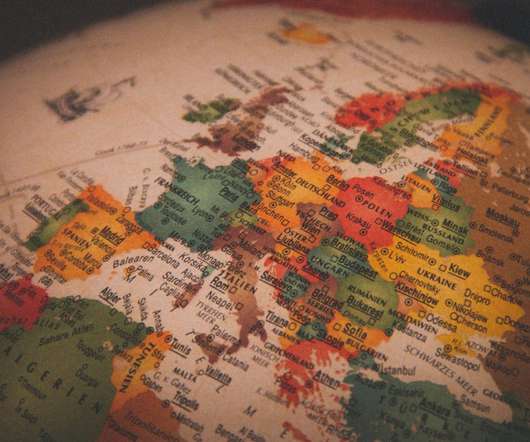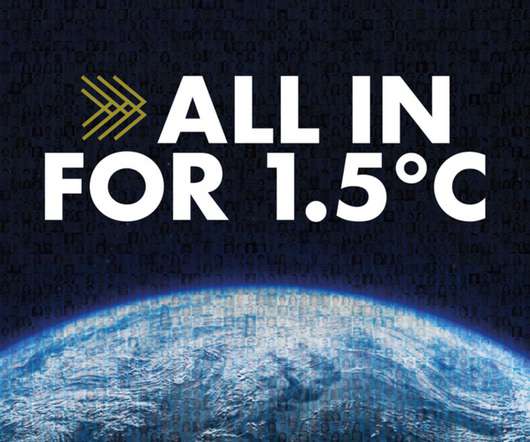Decarbonising Investment Portfolios on the Journey to Net Zero
3BL Media
SEPTEMBER 29, 2023
For financial institutions such as banks, insurance companies and investment managers, scope 3 emissions from supply chains and lending/investment portfolios are often more complex than for other industries. South Pole can help you navigate the existing framework as well as the new net zero guidance (FINZ) which will replace it in Q4 2023.












Let's personalize your content